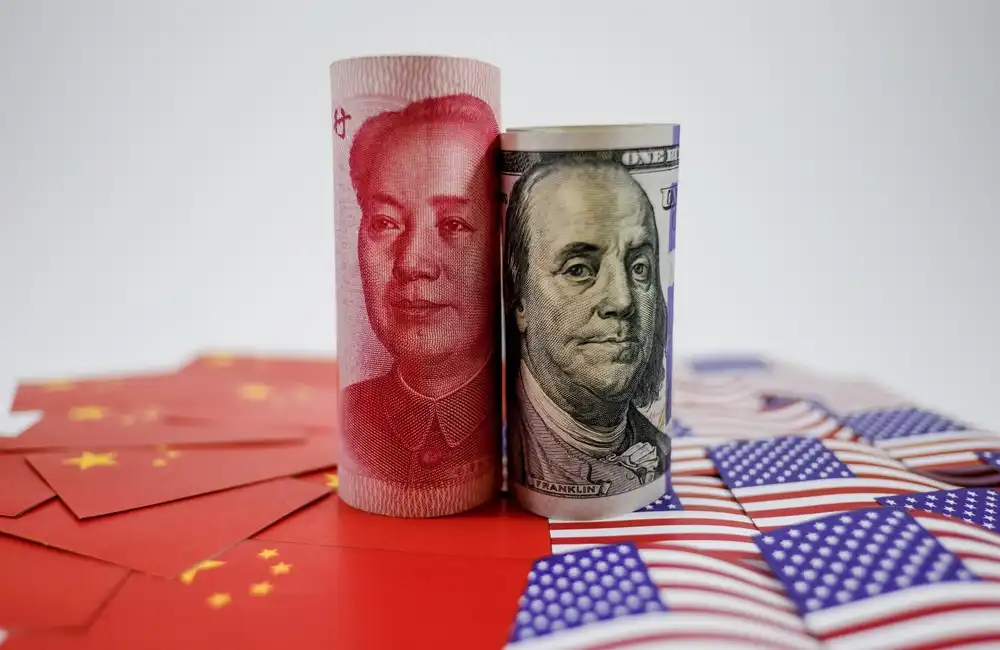Gold has long been regarded as a safe-haven asset, a hedge against inflation, and a staple in any diversified investment portfolio.
But like any commodity, its value reacts to the ebb and flow of global economic conditions, central bank policies, and geopolitical tensions. For investors, understanding these factors is key to navigating the gold market with confidence.
This article explores the recent trends in gold prices, the forces shaping its trajectory, and what to watch for as an investor in this dynamic space.
Understanding Gold Price Trends
Over the years, the price of gold has displayed significant volatility while maintaining its appeal during periods of economic uncertainty. For instance, in 2020 amidst the height of the global pandemic, gold prices shot to a record high of over $2,000 per ounce, reflecting a flight to safety by investors.
Recently, gold has traded in the range of $1,800 to $2,000 per ounce, largely influenced by fluctuating global pressures, currency strength (particularly the US dollar), and shifting investor sentiment.
Key Drivers of Gold Prices
Inflation and Interest Rates
Gold is often seen as a hedge against inflation. When inflation rises, the purchasing power of fiat currencies diminishes, making gold an attractive alternative store of value.
Economic and Geopolitical Uncertainty
Historically, investors flock to gold during periods of uncertainty. Whether it’s geopolitical tensions or concerns about global recession risks, gold acts as a financial shelter.
Currency Movements
Gold prices often move inversely to the US dollar. A stronger dollar makes gold more expensive in other currencies, damping demand, while a weaker dollar supports prices.
Global Central Bank Activity
Central banks collectively hold a significant share of the world’s gold reserves. Changes in their monetary policies or any major buying or selling activity can impact prices.
Pandemic and Post-Pandemic Recovery
The ongoing legacy of COVID-19 has influenced gold demand, with supply chain disruptions and evolving buyer behaviour in key markets such as India and China.
Current Market Shifts in Gold
Renewed Interest from Central Banks
Recent data from the World Gold Council indicates that central banks have been net buyers of gold in 2023, citing reasons such as diversification of reserves.
Gold ETFs Show Mixed Movement
Exchange-traded funds linked to gold saw inflows during Q2 as inflationary fears spiked, but rising interest rates have kept overall ETF inflows balanced.
Indian Festival Buying and Chinese Demand
Physical demand for gold tends to spike during cultural events like Diwali and wedding seasons, while China’s middle-class growth remains a stabilising force.
Rising Mining Costs
The cost of gold production has climbed due to higher energy and materials prices, limiting supply growth and providing price support.
The Investment Outlook for Gold
Short-Term Prospects
The short-term outlook for gold is tied to macroeconomic indicators. If rate hikes slow or stop, it could trigger a rally in gold prices.
Long-Term Considerations
Gold’s enduring appeal as a wealth preservation tool, along with central bank buying and geopolitical instability, supports its long-term investment case.
Tips for Gold Investors
Diversify Your Portfolio
Gold should complement, not dominate, your investment portfolio. Aim for a 5-10% allocation to maintain flexibility and stability.
Consider Gold ETFs or Mining Stocks
If physical gold storage is impractical, ETFs offer an efficient alternative, while mining stocks add potential operational upside.
Monitor External Risks
Stay informed about economic and geopolitical trends, as these factors often dictate gold price movements.
Stay Patient
Gold is best viewed as a long-term investment to hedge against unexpected financial events. Avoid trading on short-term price swings.
Final Thoughts
Gold continues to shine as a vital investment asset, but it is not immune to market dynamics. By understanding the key drivers and maintaining a disciplined strategy, you can make well-informed decisions that align with your financial goals.
Looking for more insights? Subscribe to our newsletter for the latest updates on commodities and market trends.



















